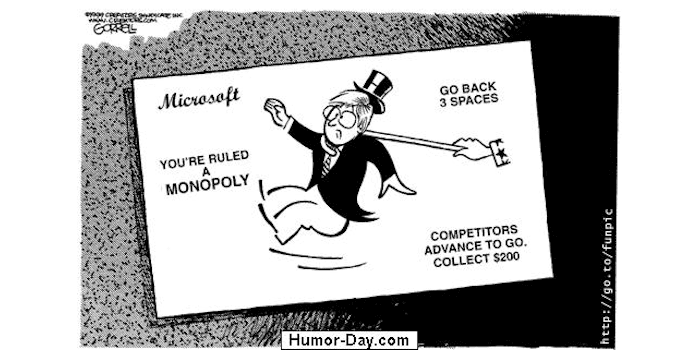Geekzone explains the real reason why Windows Phones do not sell well
3 min. read
Published on
Read our disclosure page to find out how can you help MSPoweruser sustain the editorial team Read more

Windows Phones have only a tiny market share worldwide (though of course regular readers of our site will know there are regions where it is doing much better).
Many would blame its poor performance on the OS lacking features or hardware not being good enough. Again regular readers will know that Windows Phones are actually pretty competitive on both fronts.
Some blame a lack of apps, but again regular readers will know for the apps that matter Windows Phone is pretty well sorted.
New Zealand site Geekzone.co.nz has however I think pinned down the reasons pretty well.
They write:
There are two parts to this. First, Microsoft’s fall from grace. Microsoft’s brand is devalued.
Lingering monopoly hangover
In the 1990s Microsoft dominated all aspects of computing. You didn’t buy Microsoft because you wanted to, you bought Microsoft because there was no alternative.
That changed. Rivals like Google offered alternatives. Apple returned from a near death experience. Open Source emerged.
When this happened, there was pent-up resentment against Microsoft. It wasn’t just political or irrational resentment, although both exist. Instead there’s a grudging unwillingness to give Microsoft the benefit of the doubt.
A meh feeling. A let’s not go there mood stands between some older consumers and Windows Phone.
Younger people grew up in a world when Microsoft was no longer a name to conjure with and wonder what all the fuss is about anyway.Windows Phone too late to market
Microsoft’s other problem is that it was too late to market with a useful, modern smartphone operating system.
Apple introduced the iPhone and iOS in 2007. Android appeared around the same time. Windows Phone 7 didn’t show until 2010. Microsoft wasn’t competing on an equal footing until Windows Phone 8 arrived in late 2012.
By then Apple and Android had vast smartphone empires. They took the low-hanging fruit, built customer loyalty and market momentum.
Geekzone postulates that there is no coming back from Windows Phone’s current low market share, noting Apple has never managed to cross over 10% desktop market share despite their efforts.
They conclude:
Microsoft has lost the smartphone market. There’s no clear recovery from this point. It can’t even sell Windows Phones to the legions of customers already committed to Microsoft technology stack.
It’s hard to see what Microsoft can do. After all, if the people who read a site called Geekzone aren’t interested in trying Windows Phone, what chance is there others will take a look?
I agree that Windows Phone is in a difficult situation, with poor mind share and a hostile media. However I do not think the phone situation is exactly like the PC situation. People do still change their phone very regularly and they are still happy to consider different brands when they do.
The solution as always is consumer-pleasing innovation that will retain current users and inspire new ones to join. Of course that’s easier said than done but I think the new Microsoft is listening a lot closer to their users, as can be seen by their very busy uservoice sites, and after years of fighting we certainly do not think Microsoft is planning to give up anytime soon.
What do our readers think is the solution to Microsoft’s conundrum? Let us know below.









